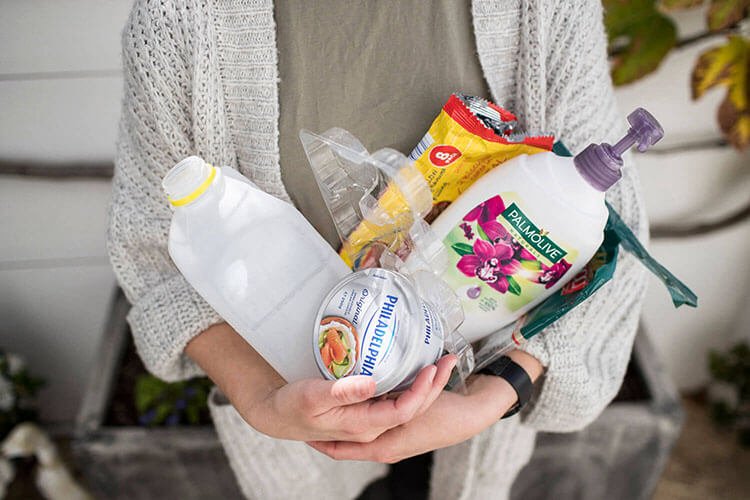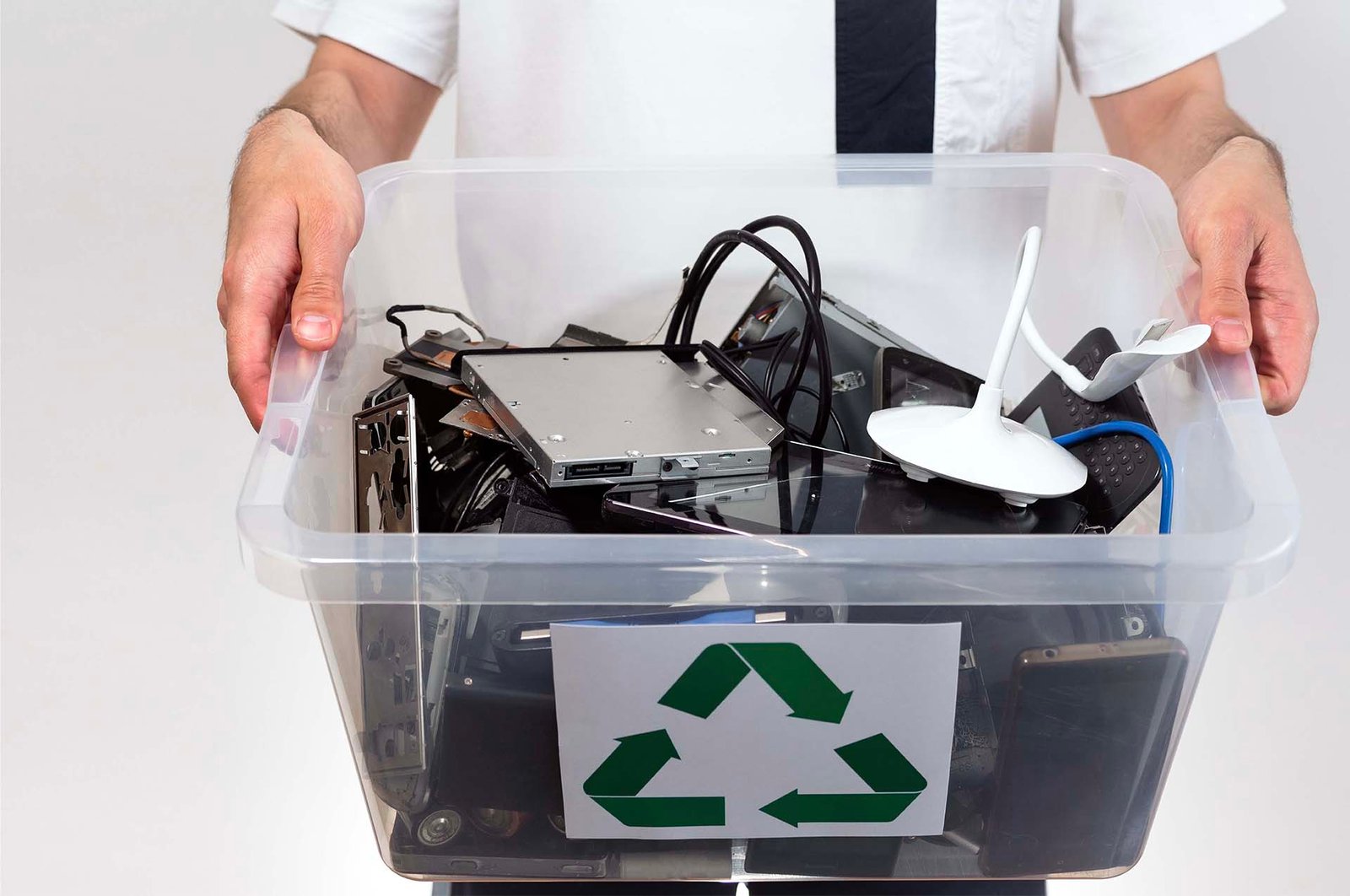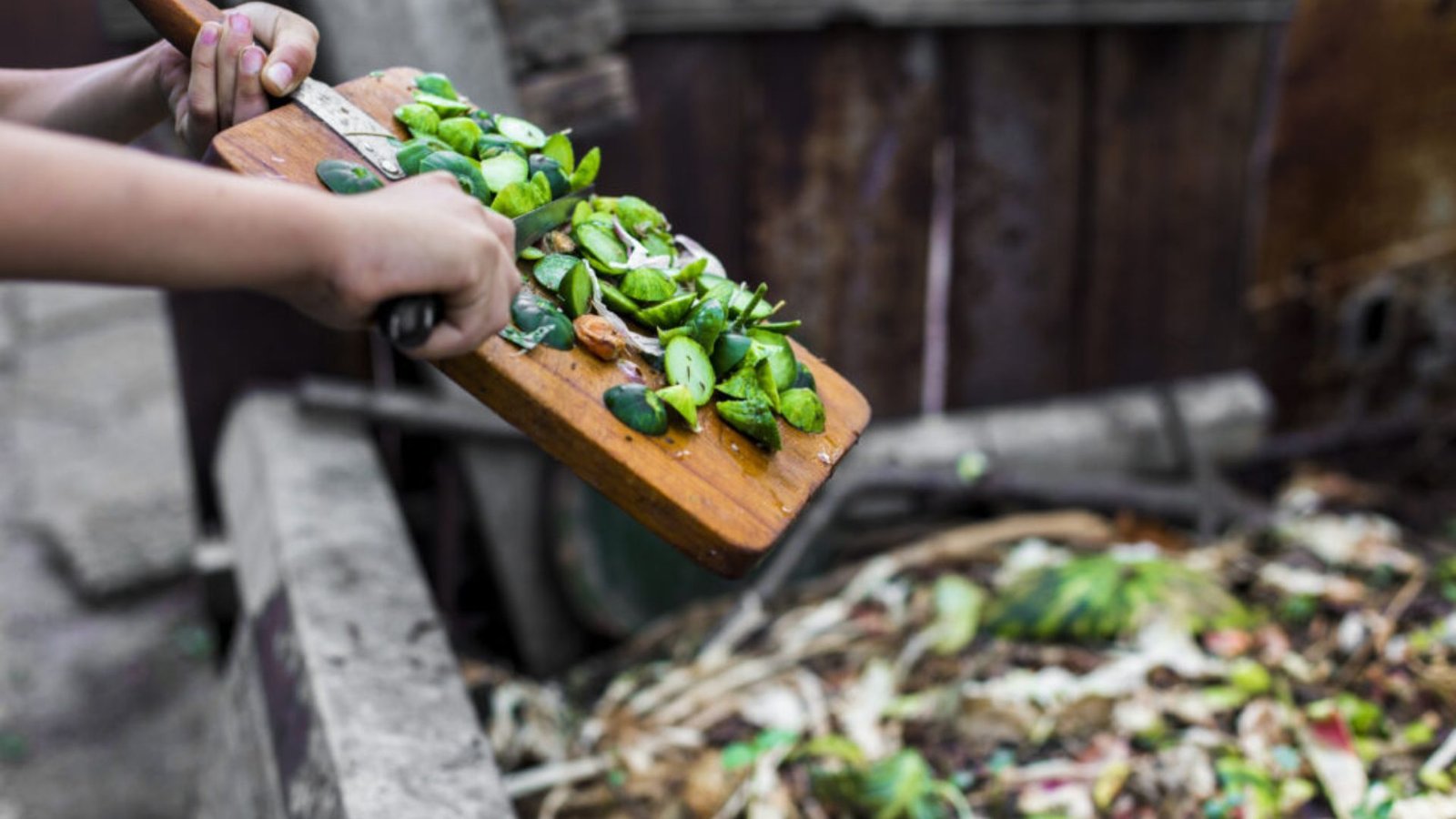Reducing waste at home is not just an environmentally friendly choice; it’s also a smart way to save money and resources. By adopting simple yet effective strategies, you can significantly minimize the waste your household generates. In this article, we’ll explore the best ways to reduce waste at home, ensuring that your efforts contribute to a healthier planet.
1. Embrace the 3 R’s: Reduce, Reuse, Recycle
Reduce Waste
The first step in waste reduction is to minimize what you consume. By being more conscious of your purchases, you can significantly cut down on waste.
- Buy Only What You Need: Before shopping, make a list and stick to it. This practice prevents impulse buys and unnecessary items that may end up in the trash.
- Choose Quality Over Quantity: Opt for durable, high-quality products that last longer. Although they may cost more upfront, they save you money in the long run by reducing the frequency of replacements.
Reuse Items
Next, focus on reusing items whenever possible. This step not only saves resources but also encourages creativity.
- Repurpose Containers: Glass jars, plastic containers, and even old t-shirts can be repurposed for various uses around the house. For instance, glass jars can serve as storage for dry goods or art supplies.
- Buy Second-Hand: Thrift stores and online marketplaces offer second-hand items that are often just as good as new. Purchasing used items not only saves money but also reduces waste.
Recycle Effectively
Lastly, ensure that you recycle materials properly. Recycling helps divert waste from landfills and conserves natural resources.
- Know What Can Be Recycled: Familiarize yourself with your local recycling guidelines. Different regions have specific rules regarding what can and cannot be recycled, so understanding these is crucial.
- Clean Before Recycling: Rinse out containers before placing them in the recycling bin. Residue can contaminate recycling loads, making them more challenging to process.

2. Composting: A Natural Solution
Why Compost?
Composting is an excellent way to reduce organic waste and enrich your garden soil at the same time. By composting, you can divert food scraps and yard waste from landfills, where they would otherwise produce methane—a potent greenhouse gas.
- Start Small: If you’re new to composting, begin with a small bin or a designated area in your yard. Kitchen scraps, such as fruit and vegetable peels, coffee grounds, and eggshells, are great for composting.
- Balance Green and Brown Materials: For effective composting, maintain a balance of green materials (nitrogen-rich) and brown materials (carbon-rich). This balance ensures proper decomposition and nutrient-rich compost.
Use Compost in Your Garden
Once your compost is ready, use it to enrich your garden. Not only does this reduce the need for chemical fertilizers, but it also promotes healthy plant growth.
- Apply Compost to Plants: Mix compost into the soil of your garden beds or use it as a top dressing for potted plants. Your plants will thrive with the added nutrients.
3. Mindful Consumption
Meal Planning
Planning your meals can drastically reduce food waste. By knowing what you need in advance, you can avoid overbuying and ensure that food doesn’t go to waste.
- Create a Weekly Menu: Sit down once a week and plan your meals. This approach helps you buy only what you need and makes grocery shopping more efficient.
- Store Food Properly: Learn about proper food storage techniques to extend the life of your perishables. For instance, storing fruits and vegetables in the right conditions can significantly reduce spoilage.
Sustainable Alternatives
Explore sustainable alternatives to common household items. Making simple switches can have a big impact on waste reduction.
- Choose Reusable Products: Instead of single-use items like plastic bags and paper towels, opt for reusable alternatives. For example, use cloth bags for shopping and washable cloths for cleaning.
- Invest in a Water Filter: Instead of purchasing bottled water, consider investing in a water filter. This switch not only reduces plastic waste but also provides you with clean drinking water.
Conclusion
In summary, the best ways to reduce waste at home involve a combination of mindful consumption, effective recycling, composting, and embracing the principles of reducing and reusing. By implementing these strategies, you not only contribute to a healthier environment but also create a more sustainable lifestyle. Every small action counts, so start today and make a difference in your home and community.




